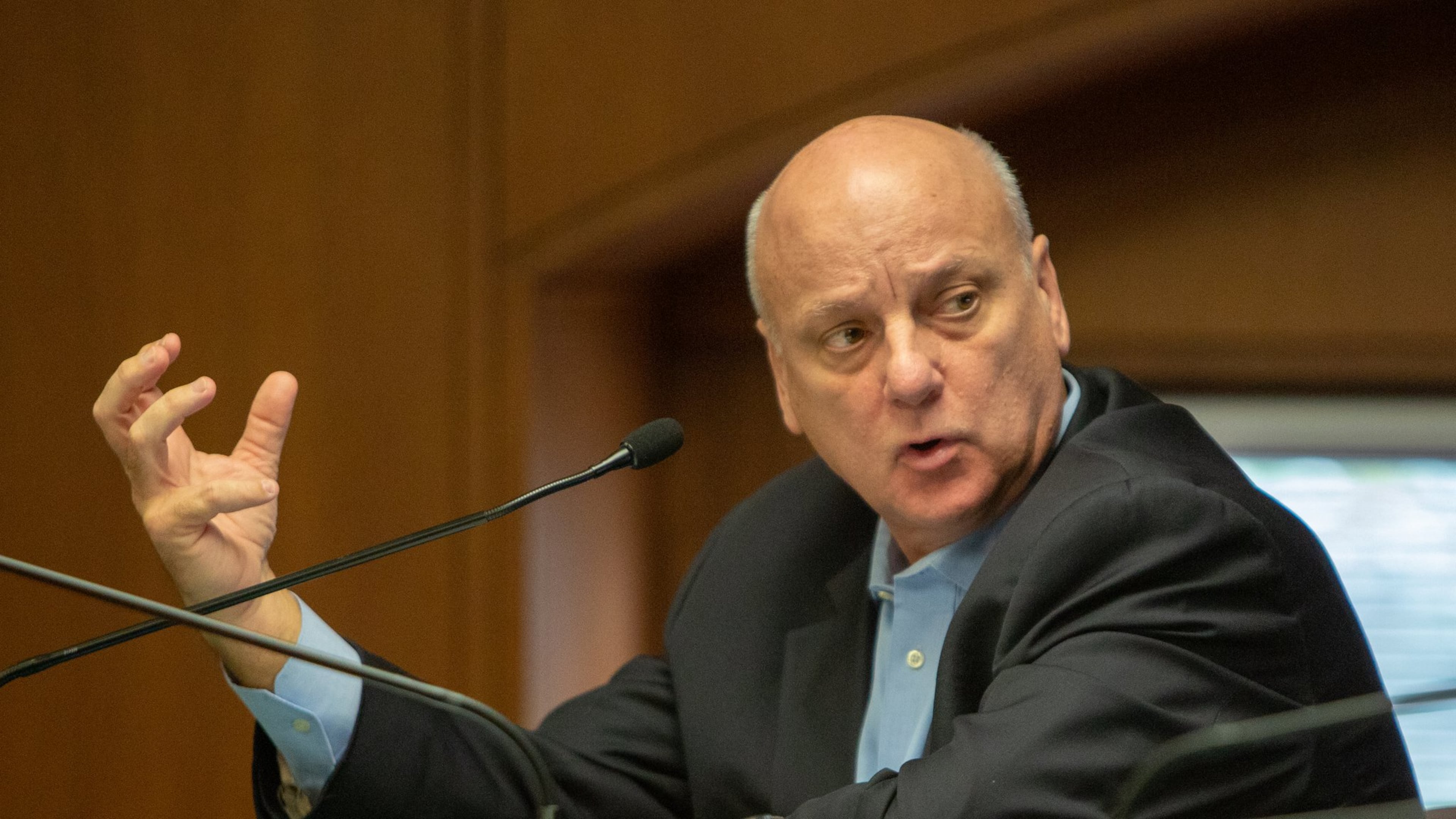Senate panel begins looking at expanding gambling in Georgia

Improved performance by high schoolers and rising tuition have strained the Georgia Lottery-funded HOPE scholarship, officials told a panel of state senators considering expanding gambling to bolster the education fund.
Caylee Noggle, the president of the Georgia Student Finance Commission, told lawmakers that both graduation rates and high school grade-point averages have improved while Georgia colleges and trade schools continue to raise tuition. That has meant HOPE’s goal of providing full scholarships to top state students has become increasingly difficult.
“Ultimately HOPE has been successful and Georgia should be proud by all we’ve been able to achieve,” she said. “But the achievements continue to cost at an increasing rate.”
The state is budgeted to spend about $1.2 billion worth of lottery proceeds this year on HOPE and pre-kindergarten classes, but lawmakers have had to make changes to the scholarship program over the years to keep it afloat.
State Sen. Brandon Beach, an Alpharetta Republican who leads the Senate panel, told his colleagues that in coming months they will study the potential benefits of various forms of gambling and gaming as a way to bolster the scholarship program.
Meetings will be scheduled to study the potential for sports betting, horse racing and casino gambling. A House gambling panel also plans to travel the state this fall studying the issue.
Adding horse racing or casino gambling in the state would require Georgians to approve a constitutional amendment allowing the expansion.
Georgia backers such as Beach say their proposals could create thousands of jobs and pump hundreds of millions of dollars into the HOPE scholarship.
Some conservative groups and religious leaders oppose expanding any form of gambling because they say it is an immoral and addictive habit that breeds crime. Others have questioned the rosy revenue predictions offered by supporters, especially as more states expand gambling and compete for customers.
Mike Griffin, a lobbyist with the Georgia Baptist Mission Board, said he worried that expanding gambling would lead to the legalization of other “social vices.”
“It’s amazing how it always seems to come to ‘How else can we make money?’ ” Griffin said. “It’s almost as if one day it’ll be marijuana. And then, God forbid, one day it’ll be prostitution. Where’s the line?”
Supporters for years have tried different ways to expand gambling in Georgia, through casinos or horse racing, but a recent call from Gov. Brian Kemp to cut budgets has renewed energy around the topic.
Kemp has said that while he opposes casino gambling, he will not stand in the way of putting an amendment before voters as long as it guarantees the revenue will benefit HOPE.
State Sen. Ed Harbison, a Columbus Democrat, said lawmakers should seriously consider the potential benefits of expanding gambling in Georgia.
“We’re already gambling — the lottery is gambling,” he said. “We’ve just got to look at that for what it is. We have to look at it with an open mind and think about the possibility of the funds it can attract to the program that educates our children.”
Stay on top of what’s happening in Georgia government and politics at www.ajc.com/politics.



